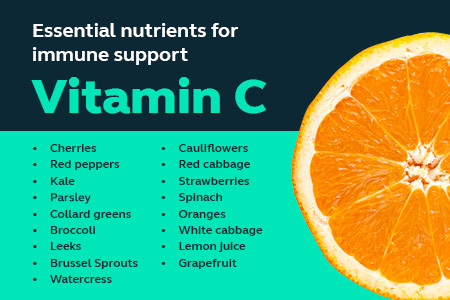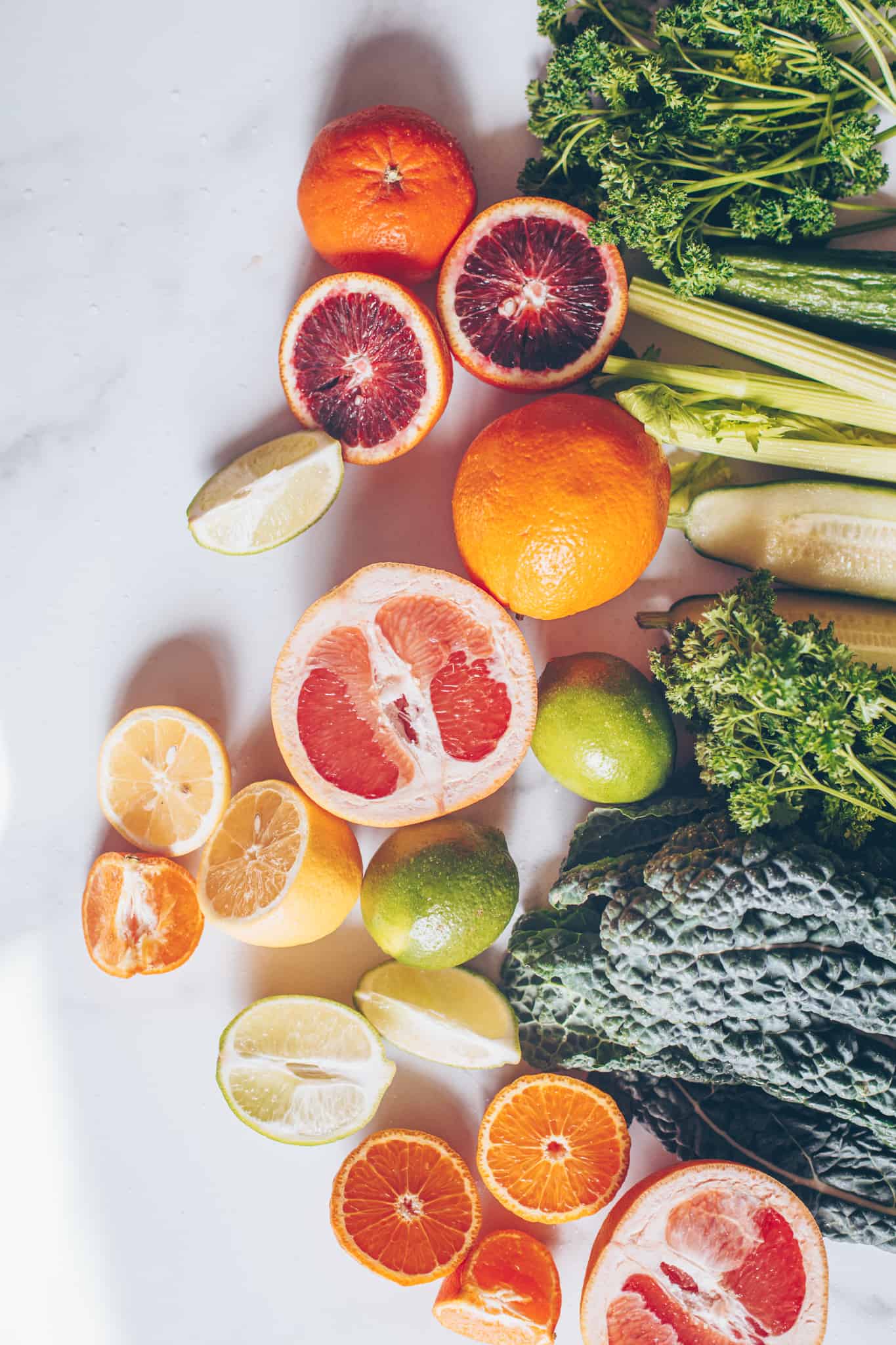
Guardians Within: Diet’s Role in Immune System Support
Our immune system is our body’s natural defense against infections and illnesses. A well-balanced and nutrient-rich diet plays a crucial role in supporting and enhancing the immune system. Explore how dietary choices can contribute to a robust and resilient immune response.
Vitamin C: The Immune-Boosting Powerhouse
Vitamin C is renowned for its immune-boosting properties. Citrus fruits, strawberries, kiwi, and bell peppers are rich sources of vitamin C. Including these foods in your diet can help stimulate the production of white blood cells and enhance the immune system’s ability to fend off infections.
Zinc: Bolstering Immune Function
Zinc is a trace element that plays a vital role in immune function. Foods like oysters, beef, pumpkin seeds, and lentils are excellent sources of zinc. Incorporating these zinc-rich foods into your diet supports the immune system’s ability to produce immune cells and fight off pathogens.
Probiotics: Nurturing the Gut-Immune Connection
A healthy gut is closely linked to a strong immune system. Probiotics, found in yogurt, kefir, sauerkraut, and other fermented foods, promote a balanced and thriving gut microbiome. This, in turn, enhances the body’s immune response by supporting the development of immune cells and maintaining a harmonious gut environment.
Vitamin D: Sunlight and Dietary Sources
Vitamin D is essential for immune function, and sunlight is a natural source. Additionally, include vitamin D-rich foods such as fatty fish (salmon, mackerel), egg yolks, and fortified dairy products in your diet. Adequate vitamin D levels contribute to a robust immune system and help regulate immune responses.
Garlic: Nature’s Immune-Boosting Elixir
Garlic has been celebrated for its immune-boosting properties for centuries. It contains allicin, a compound known for its antimicrobial and antioxidant effects. Adding fresh garlic to your meals may provide additional support to the immune system, helping fend off infections.
Colorful Plant Foods: A Symphony of Antioxidants
Fruits and vegetables of various colors are rich in antioxidants, compounds that help protect cells from damage. The diverse range of antioxidants in colorful plant foods, such as berries, spinach, and kale, contributes to overall immune system support by reducing oxidative stress.
Hydration: The Foundation of Immune Health
Staying hydrated is fundamental for overall health, including immune function. Water supports the transport of nutrients, the elimination of waste, and the proper functioning of immune cells. Ensure an adequate intake of water throughout the day to maintain optimal immune health.
Lean Proteins: Building Blocks for Immune Cells
Protein is essential for the production and function of immune cells. Include lean protein sources such as poultry, fish, tofu, and legumes in your diet. These proteins provide the building blocks necessary for the synthesis of antibodies and immune cell development.
Whole Grains: Fueling Immune System Energy
Whole grains like brown rice, quinoa, and oats are rich in fiber and nutrients. They provide a sustained release of energy and support the immune system’s function. Opt for whole grains over refined grains to ensure a steady supply of essential nutrients for immune health.
Cogniflex Review: Exploring the Nexus of Diet and Cognitive Immunity
For a deeper understanding of the connection between diet, immune health, and cognitive function, explore more insights at Immune system support through diet. Discover how your dietary choices may not only support immune resilience but also contribute to optimal cognitive well-being, forming a holistic approach to health.
In conclusion, a well-nourished body is better equipped to defend itself against external threats. By incorporating immune-supporting foods into your diet, you can provide your body with the essential nutrients it needs to maintain a strong and vigilant immune system.




